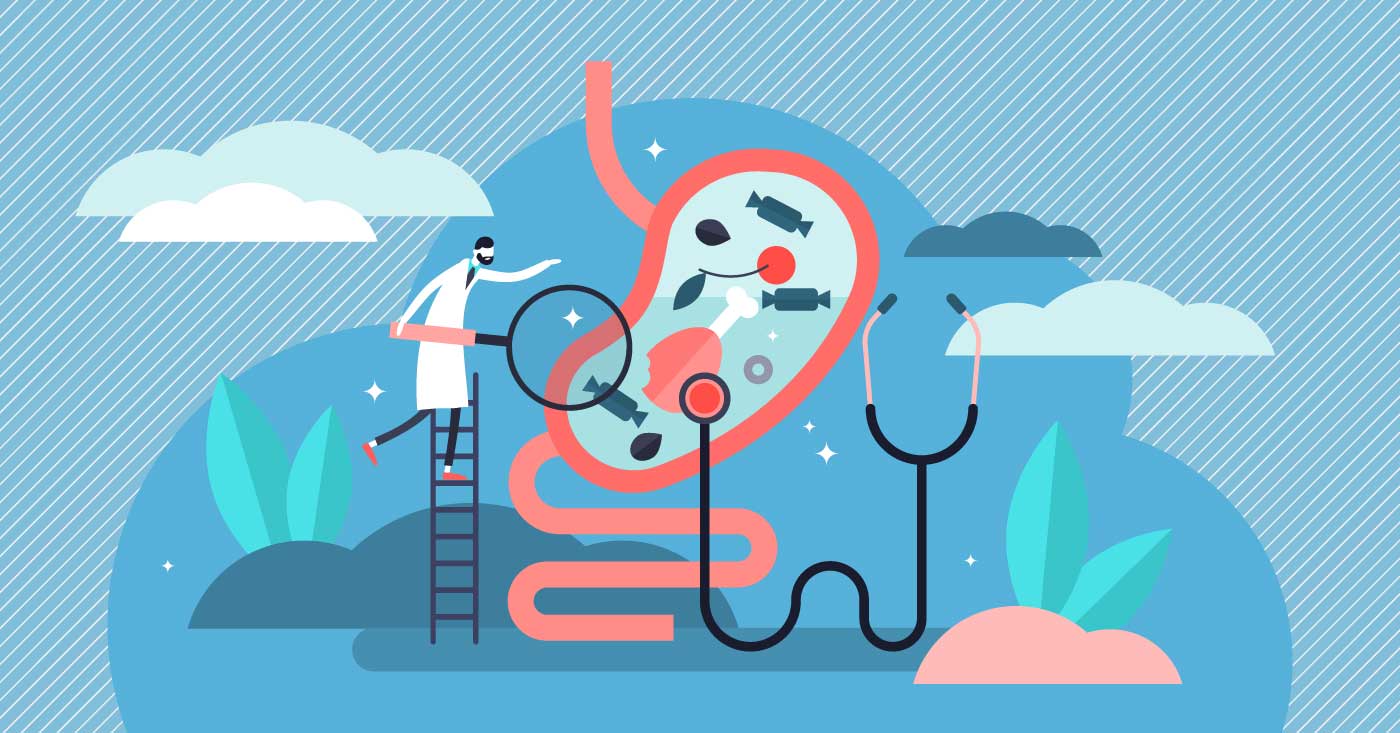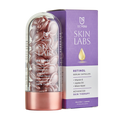Everything you need to know about endometriosis
Sep. 12, 2019 jess simms
Endometriosis is the health condition that affects thousands of women across the country that you’ve probably never even heard of. 1 in 10 women in the UK live with endometriosis, suffering debilitating pain, countless operations and doctors appointments to continue on with their daily lives. But what is it exactly and why don’t we talk about it more often?
What is endometriosis?

"I'm currently in the process of trying to get an Endo diagnosis which is about 2 years in the making now. I feel as though, despite the pain being a constant nuisance, it hasn't hindered my travelling desires as I have now been to Australia, Turkey and Asia all within the last 2 years. Endo for me has been that start of my motivation to explore new things. " - Megan, BeYou Ambassador, @meggy_lewis
Endometriosis arises when the tissue lining, usually found in the womb, begins to grow in other areas of the body, such as the ovaries and fallopian tubes but it can spread to other areas of the body. Women of any age can be affected by the condition and it can have a significant impact on a person’s life.
Signs of endometriosis vary from woman to woman. More noticeable symptoms can include:
-
Pelvic pain
-
Pain during or after sex
-
Pain when peeing or pooing during menstruation
-
Feelings of sickness, constipation, diarrhoea or blood in urine during menstruation
-
Difficulty to conceive
Another common sign of endometriosis is extremely heavy periods ie. using an excessive amount of pads and tampons as well as frequently leaking. Endometriosis can also induce chronic fatigue from the pain and can affect someone’s mental health.
Endometriosis flare-ups occur when the tissue that usually surrounds the cervix sheds its lining mimicking what happens in the womb during menstruation. Unlike a normal period, the lining outside of the womb cannot shed the blood properly, as it cannot exit through the vagina. This sensation causes debilitating, inflammation and scar tissue. Women who have been diagnosed with endometriosis often describe the pain as a burning sensation or twisting barbed wire.
Seeing a GP

"My endo journey started in 2017 after years of painful periods and I was diagnosed in 2018. My journey is still ongoing as I am trying to get more answers as to why I’m getting ovary pain constantly which may mean more surgery as my GP believes my endo has returned along with cysts. Even though I have endometriosis, it hasn’t stopped me from going to university to study my dream degree History of Art. I had to go through temporary menopause this January during exams and lectures but my lecturers were really helpful about it as I suffered terrible hot flushes. Also with the help of BeYou, I can also carrying on trying to achieve my goal of being a professional golfer and compete around the UK as an amateur to gain experience." - Katie, BeYou Ambassador, @katiej099
It is recommended if you are experiencing any of the above symptoms then you should book an appointment with your local GP, however many of the symptoms are shared with other conditions. One way endometriosis is diagnosed is via a laparoscopy which involves a camera being inserted into the pelvis via a small cut in the navel. The camera will then see if any of the pelvic organs show signs of endometriosis which can be treated or removed. Normal scans, blood tests and examinations may not pick up on the remnants of endometriosis. According to a recent statistic, the diagnosis process of endometriosis takes on average 7.5 years from when a woman first sees a doctor to then receiving a firm diagnosis of her condition.
If you believe you have endometriosis or are showing some of the symptoms of the condition, Endometriosis UK has some helpful resources, like a Fact Check sheet as well as a helpline.
Treatment

At the present moment, there is no cure for endometriosis on the NHS. There are several treatments available for the condition that can help reduce the pain and the severity of flare-ups. These treatments can include surgery, hormone treatment and pain relief. Pain relief and pain management can include using heated products, painkillers, physiotherapy as well as pain modifiers which alter the body’s perception of pain.
"It took 5 years to get an endo diagnosis and no treatment was offered at the time. So I spent time connecting with other sufferers and self informing myself. I learned I wasn’t alone and endo fighters are tough and kind. I would love to say endo hasn’t stopped me from doing stuff, but that isn’t quite true. But I have learned to try and do things regardless and the support and understanding of the endo community is a wonderful thing" - Shelly, BeYou Ambassador @collyofthewobbles









